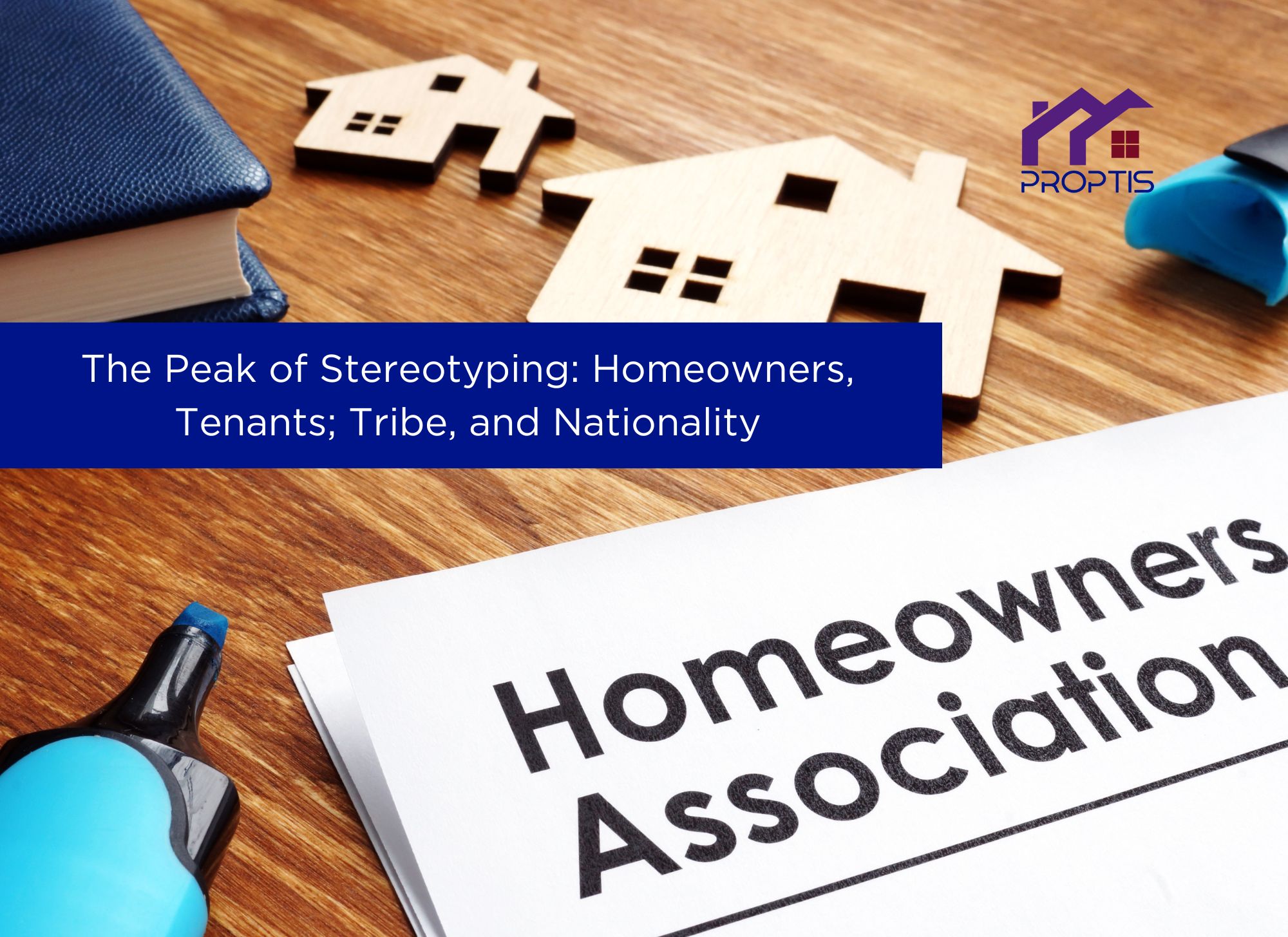Stereotyping is a pervasive issue in society, permeating various aspects of life, including the province of homeownership and tenancy. Sadly, it often extends to include preconceptions based on one’s tribe and nationality. In a world striving for inclusivity and acceptance, such biases are not only harmful but also hinder progress towards building truly equitable communities.
Homeownership and tenancy are significant marks in one’s life, reflective of personal achievements, financial stability, and aspirations for a secure future. However, societal stereotypes often dictate how individuals are perceived in these roles. Homeowners are frequently associated with success, responsibility, and stability, while tenants may be unfairly labelled as fleeting, unreliable, or financially insecure.
These stereotypes can be particularly impaired when intertwined with considerations of tribe and nationality. In many societies, people are quick to judge individuals based on their ethnic background or country of origin, perpetuating harmful stereotypes that undermine unity and diversity. This can lead to discrimination in housing, job opportunities, and social interactions, creating barriers to inclusion and belonging.
The issue of stereotyping in homeownership and tenancy is multifaceted. For homeowners, stereotypes may manifest in assumptions of privilege, entitlement, or even exclusivity based on their socio-economic status or cultural background. On the other hand, tenants may face bias and discrimination, often being subjected to unfair treatment or denied access to housing based on stereotypes associated with their tribe or nationality.
Furthermore, the impact of these stereotypes extends beyond individual experiences to shape broader societal attitudes and policies. Discriminatory practices in housing, such as redlining or racial profiling, perpetuate systemic inequalities and contribute to the marginalization of certain communities. Such biases not only infringe upon individuals’ rights but also impede efforts to foster inclusive and diverse neighbourhoods.
Addressing the peak of stereotyping in homeownership and tenancy requires a concerted effort from various stakeholders, including policymakers, housing providers, and community members. It necessitates challenging ingrained prejudices, promoting education and awareness, and advocating for equitable housing practices.
Policymakers play a crucial role in enacting legislation that safeguards against housing discrimination based on race, ethnicity, or nationality. This includes enforcing fair housing laws, providing resources for anti-bias training, and supporting initiatives aimed at promoting diversity and inclusion in housing.
Housing providers must also prioritize diversity and inclusivity in their practices, ensuring equal access to housing opportunities for individuals from all backgrounds. This may involve implementing non-discriminatory screening processes, offering culturally competent services, and fostering a welcoming environment for tenants of diverse backgrounds.
At the community level, fostering dialogue and understanding among residents is essential in challenging stereotypes and promoting empathy and respect. By engaging in open discussions, challenging preconceived notions, and celebrating the richness of diversity, communities can create environments that embrace and value individuals regardless of their tribe or nationality.
Ultimately, overcoming the peak of stereotyping in homeownership and tenancy requires a collective commitment to upholding principles of equality, fairness, and justice. By challenging stereotypes, promoting inclusivity, and advocating for systemic change, we can strive towards building communities where everyone has the opportunity to thrive and belong, regardless of their background or identity. IT STARTS NOW.
Magdalene Nana Konadu N. Agyemang.

